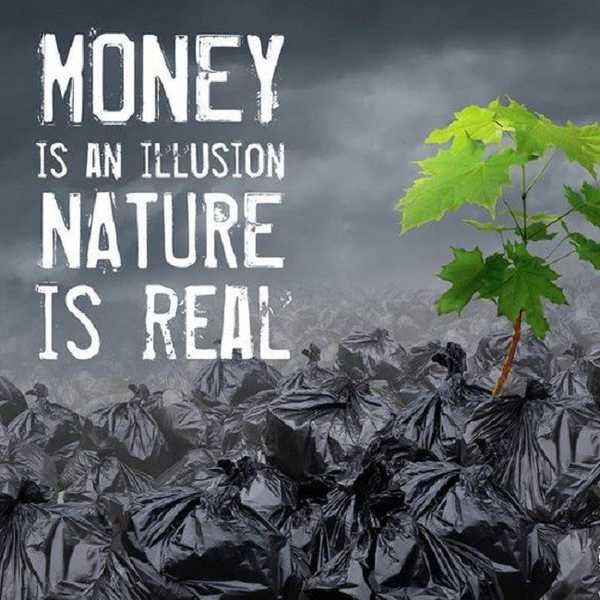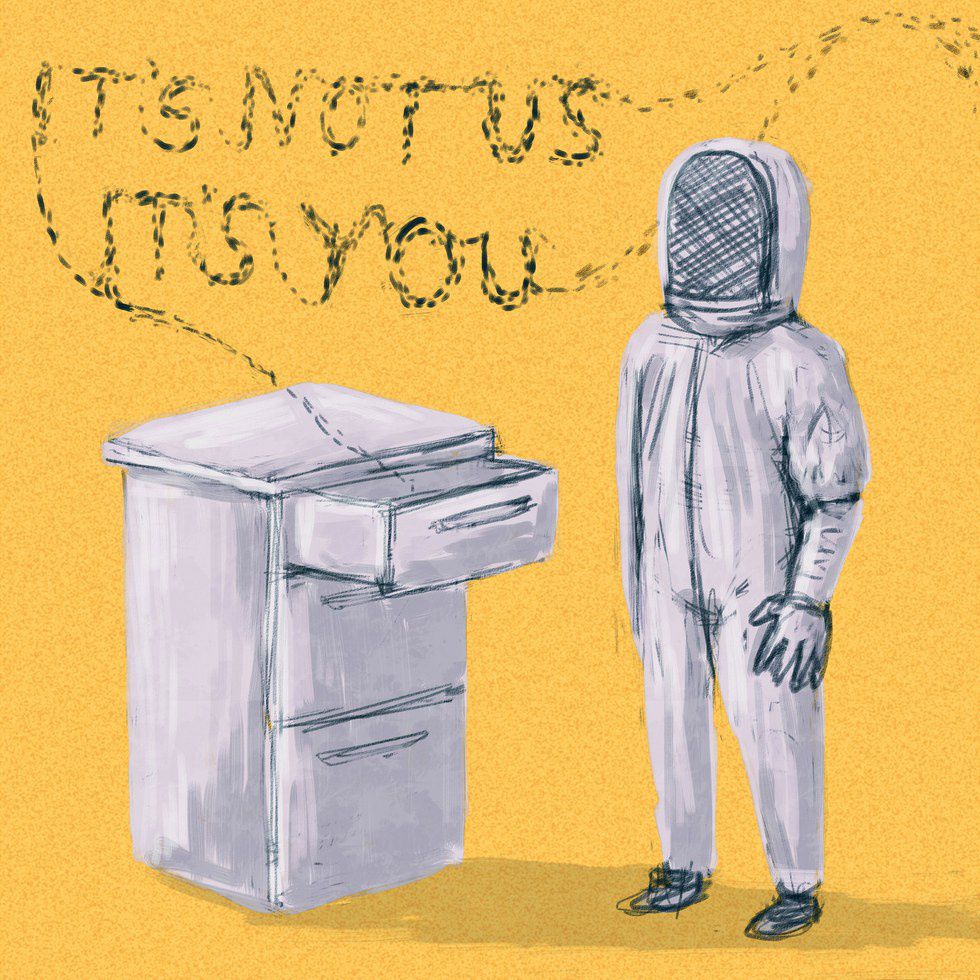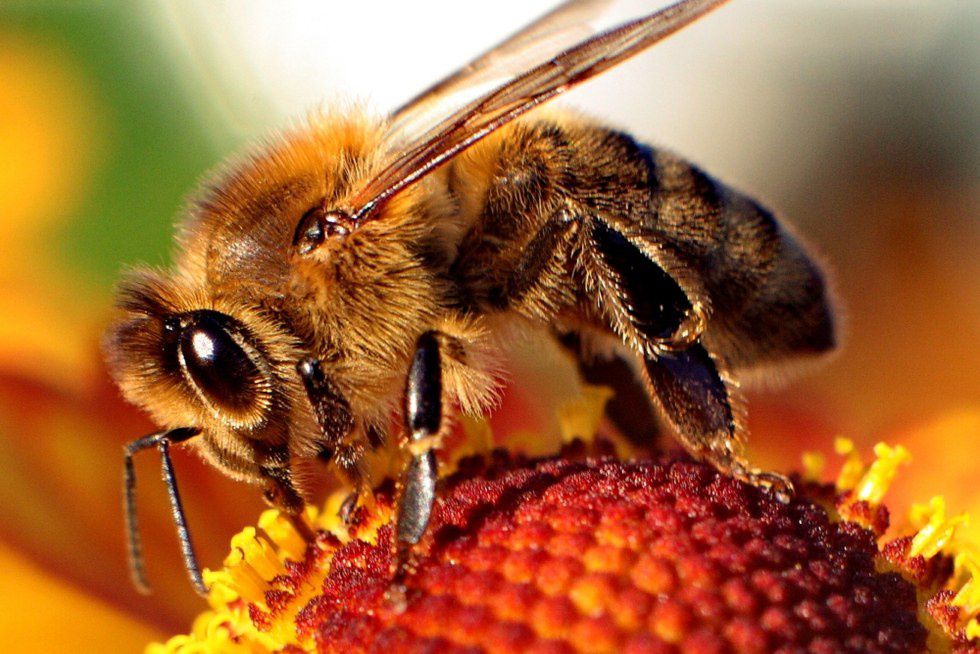Within the last few years, the Internet has been flooded with articles and studies warning of the dramatic decline of pollinators, primarily focusing on Colony Collapse Disorder among honey bees. Although the potential causes of the decline have been a source of debate, one thing is for sure, there are far fewer pollinators than there have been in previous years and this is bad news for humans. The decline has been associated with the Green Revolution, which increased crop yield dramatically through the emergence of agricultural technology, both mechanical and chemical. The Green Revolution allowed human beings to produce more, faster through the use of monocropping and chemical intervention, increasing the human population while threatening other organisms, most notably, the honey bee.
Why are pollinators important?
Pollinators are not limited to bees but include other animals, such as birds and bats. These animals commence pollination through the transport of pollen to the reproductive system of plants, creating a new generation of seeds. Pollinators make up a vital role in ecosystems, and are partially to fully responsible for the production of most food that we eat. Imagine walking into the produce section of the supermarket to see all of the colors of the rainbow in the forms of fruits and vegetables. Pollinators are responsible for this, as well as most of the processed food before it's, well, processed. Now imagine that three-quarters of the produce and processed food disappears but must continue to support the same population size. This is what grocery shopping will resemble if bees go extinct.
What threatens these bee populations?
As highlighted above, the causes of Colony Collapse Disorder have been a source of conflict and controversy, threatening agricultural practices that we have sworn by since the Green Revolution. It is vital to differentiate between correlation and causation when studying Colony Collapse Disorder so that we do not fix a system that is not broken. Yet studies have determined some potential culprits through years of research and observation of bees, and it’s safe to say that our food system is at least fractured. One culprit is monocropping, a practice that was sparked by the Green Revolution as a more efficient way to produce crops. One unforeseen consequence of monocropping has been the depletion of nutrients in our ecosystems, which directly impacts the health of bees. Pollinators rely on biodiversity in order to receive all the nutrients necessary to help them thrive.
This lack of biodiversity due to monocropping has had a domino effect with another major culprit of Colony Collapse Disorder; the Varroa Mite. Monocropping allows harmful organisms, like the Varroa Mite, to thrive due to the weaker defense of monoculture systems, compared to polyculture systems. It is significantly more difficult to eradicate a pest from a polyculture system, another benefit of biodiversity. The Varroa Mite is an invasive species known to latch onto bees, acting as parasites until the bee eventually dies. The worst thing about the Varroa Mite is its ability to travel from bee to bee, and hive to hive.
One of the most significant, and most publicized, culprits of Colony Collapse Disorder has been harmful chemicals used to treat crops, increasing their yield and decreasing their risk of pest infestation. These chemicals were once thought to be a miracle and were applied in a prophylactic manner, rather than when necessary. The chemicals that have been most closely associated with Colony Collapse Disorder are known as Neonicotinoids. These chemicals are derivatives of nicotine and attack the nervous systems of bees the way that nicotine attacks the nervous systems of humans. These chemicals have been banned by multiple countries in the European Union, after research showed positive correlations between the use of Neonicotinoids and Colony Collapse Disorder. You would think that bans in other countries would speak to our own federal government, but it has not, likely due to the economic benefits of these chemicals over the potential consequences.
What can YOU do?
It’s easy to get discouraged when all of the known culprits of Colony Collapse Disorder seem to be completely out of your control, but they are not. You may not be able to come up with a miraculous method for ridding the world of Varroa Mites and you may not be able to infiltrate the agricultural industry to put a stop to monocropping, but you can make choices at the grocery store and in your home that can help reduce Colony Collapse Disorder. Buy organic food when possible in order to reduce the use of harmful chemicals. Grow your own organic food. Write letters to your local government voicing your concerns. Plant flowers that are known to attract and benefit pollinators. Practice beekeeping, which helps the honey bee population and provides you with fresh honey. You may be one person out of almost 7.5 billion, but your small impact is still an impact.
Below are some of the active ingredients that have been correlated with Colony Collapse Disorder to avoid when buying gardening chemicals of any kind. These chemicals have been banned in many countries in the European Union:
-Acetamiprid
-Clothianidin
-Dinotefuran
-Imidacloprid
-Thiacloprid
-Thiamethoxam
























